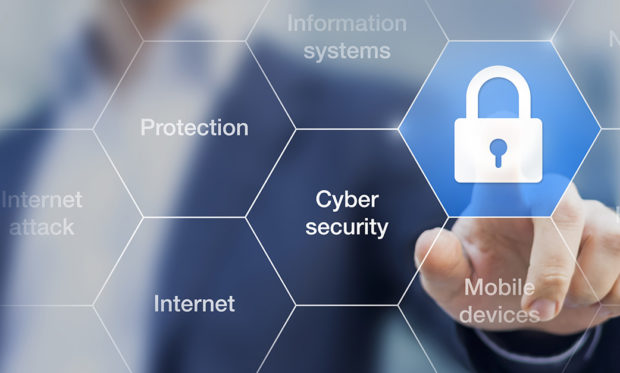KUALA LUMPUR: Malaysia’s cybersecurity and its digital forensic laboratories are among the most advanced in the world, CyberSecurity Malaysia (CSM) chief executive officer Datuk Dr Amirudin Abdul Wahab said.
In the Global CyberSecurity Index (GSI), Malaysia has been ranked in the top 10 since the first study was conducted in 2014. The index, which measures the commitment of countries to cybersecurity, is an initiative of the International Telecommunication Union (ITU), an agency under the United Nations.
“Not many Malaysians know about it. However, CSM and its capability are well-known and recognised internationally,“ he told Bernama in a recent interview.
In the latest GCI 2018 global ranking, Malaysia took eighth place.
The country was ranked second within the Asia-Pacific region, clinching the highest score in the organisational pillar and the capacity building pillar, said the 2018 report.
“Malaysia has established a National Cyber Security Agency (NACSA) that leads and oversees all national cybersecurity matters by coordinating and consolidating the nation’s best experts and resources in the field of cybersecurity.
“NACSA also conducts periodical training and awareness programmes on cybersecurity matters to professionals from both the public and private sectors,“ the ITU report said.
Amirudin said CSM digital forensic laboratories were established in 1998.
CSM counts law enforcement agencies, government-linked companies and private agencies as its clients, which include the Royal Malaysia Police, Malaysian Anti-Corruption Commission, Royal Malaysian Customs Department, Malaysian Communications and Multimedia Commission, Bank Negara Malaysia and Securities Commission.
According to CSM’s website, it has contributed in solving numerous forensics cases, including high-profile cases such as the Altantuya Shaariibuu murder case, illegal online soccer gambling during World Cup 2010, illegal Ponzi scheme Danafutures, Maldives credit card fraud case and cases in the Intellectual Property Court.
All reports and testimonials from CSM’s analysts are acceptable by the Malaysian court of law.
“We have also helped Interpol (the International Criminal Police Organisation) in the development of Global Guidelines for Digital Forensics Laboratories, which is truly a recognition on CSM’s competency and expertise in the area,“ he said.
The guidelines that explain the procedures to establish and manage digital forensic labs as well as technical guides to manage and process digital information will be distributed to all of its 194 member countries.
The document is being issued by Interpol to ensure digital evidence produced by digital forensics laboratories will be accepted by the courts in member countries as well as the international criminal justice system, he said in a statement.
According to Amirudin, CSM’s digital forensics laboratory was the first laboratory in Asia-Pacific to receive Interpol recognition.
“It has the capability to provide digital forensics services, which include computer forensics, multimedia forensics, mobile phone forensics and data recovery service, biometric forensics, embedded device forensics, cloud computing forensics and big data,“ he said.
Each laboratory is equipped with state-of-the-art hardware and software based on each of these forensics disciplines and is able to service the public and private sectors.
Amirudin also revealed that CSM had helped many countries, especially those in the Organisation of Islamic Cooperation (OIC) and Asean countries, in beefing up cybersecurity.
“With Malaysia’s help through initiatives such as the Malaysian Technical Cooperation Programme, we have helped countries to enhance their cybersecurity system as well as ranking in the GSI.”
Malaysia is the past chairman and permanent secretary of the OIC Computer Emergency Response Team. It is also the current deputy chairman of the Asia Pacific Computer Emergency Response Team, he said. — Bernama













